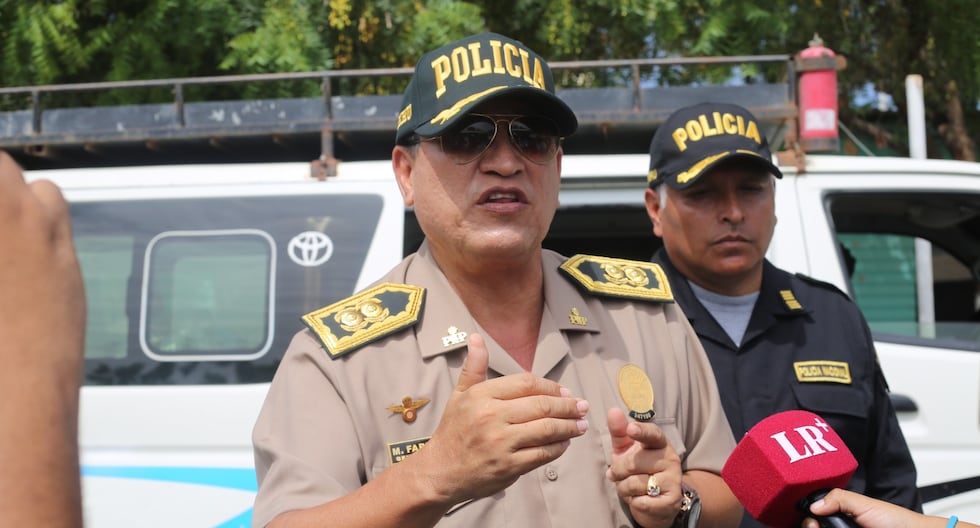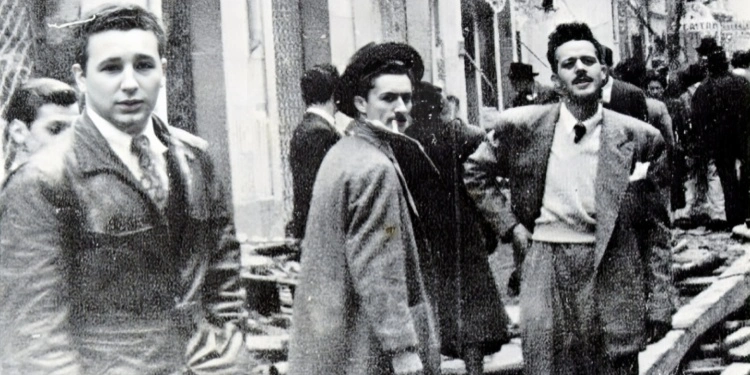C
When we talk about Democracy, what do we mean? The power of the people or of the majority? As an end or a means? For whom or for whom is this democratic model? According to Abraham Lincoln, Democracy is government of the people, by the people and for the people
; However, when we talk about government controls and counterweights for a plural and equitable representation, how could we make it possible? Democracy has been a model of government that has been discussed from Greek thinkers to the present day, whose debates continue to try to resolve these questions. It has been this institutional framework that has allowed human rights to be placed at the center of the discussion, under the principle of representativeness and inclusion to build decent living conditions for all people, where structural inequalities are dismantled.
One of the fundamental elements of democracy is the division of powers, the aim of which is to maintain a balance between the different agents and governing bodies, which will ensure the common good of the citizens. Consequently, there should be a system of checks and balances that guarantees the autonomy of the institutions responsible for protecting human rights, as well as the participation of citizens in decision-making mechanisms, where the collaboration of civil society organizations, social movements and groups of victims are extremely important for the visibility and attention to their problems. However, these key elements have not been considered by the representative of the federal Executive; on the contrary, it has limited, stigmatized and criminalized the work of people and organizations that are dedicated to the defense of human rights.
In addition to the current reform of the Judiciary, the democratic system is put in jeopardy, since there is no democracy without checks and balances of power. Much less will there be justice for the thousands of victims of serious human rights violations in the country, where the acquiescence of the Mexican State towards companies and organized crime groups has been considerable. In the framework of the International Day of the Victims of Forced Disappearances, it is important to reflect on what the impacts of these changes will be for the victims, their processes of seeking justice and comprehensive reparation of the damage for those who search for their missing relatives. Although it is necessary to recognize that the country’s justice system requires modifications to protect and guarantee the rights of victims with a human rights approach and gender perspective, it is dangerous to propose the election of judges and magistrates by popular vote, since the principles of independence and impartiality would not be protected.
It is important to note that the problem is not the popular vote, but the lack of conditions to carry out this mechanism. On the one hand, in a country where the recent electoral context was considered one of the most violent in the history of Mexico, coupled with the constant presence of organized crime to co-opt the vote and/or place candidates in collusion with these agents, what conditions could we expect for those who must exercise justice towards them? On the other hand, there is latent concern about the possible absence of autonomous bodies that promote mechanisms of transparency and accountability of institutions, whose existence was achieved thanks to the struggle of organized civil society derived from the constitutional reform in the area of human rights. The above was considered a fundamental element for democracy and open government and it has been thanks to these bodies that it has been possible to publicize substantial information for victims of serious human rights violations, as well as information regarding government actions and activities, making visible the dynamics of corruption, impunity and diversion of resources of the nation.
In the current context, the possibility of going backwards not only in human rights, but also in the history of Mexico is left open as it moves from a democratic model to a presidential one. Therefore, it is necessary that, as citizens and organized civil society, we inform ourselves and critically analyze the legislative changes that are being reviewed, since it is not an issue isolated from our lives, but rather it could perpetuate and exacerbate the conditions of impunity in our country. At the same time, it is worrying that these changes are being reviewed. transformations
further hinder access to truth, justice and full reparation for the damage caused to victims of serious human rights violations, where the Mexican State not only symbolically absolves itself of its responsibilities, but also gains the legitimacy to no longer guarantee them based on the highest human rights standards for much longer.
















